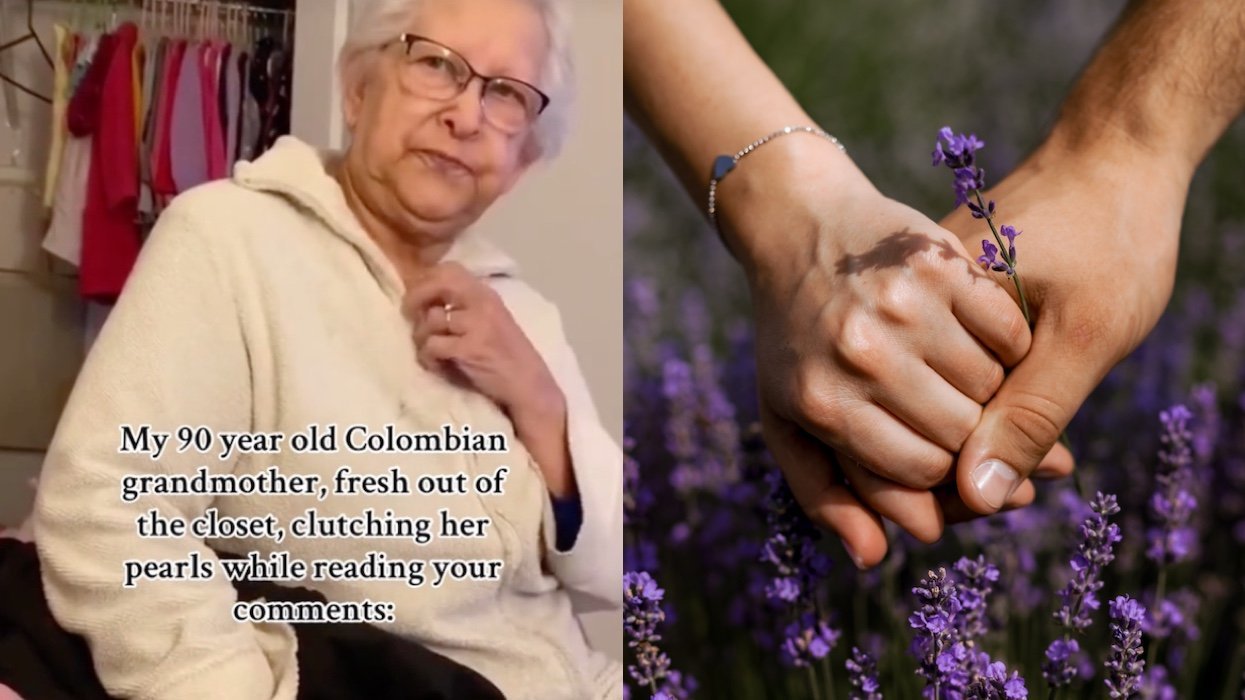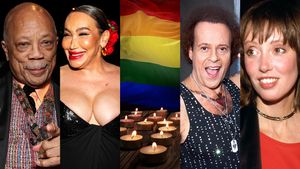Inclusive LGBTQ+ school policies don't only benefit queer students — they benefit all students. Just ask the CDC.
The U.S. Centers for Disease Control and Prevention has released the "first nationally representative data on transgender and questioning students," finding that 3.3 percent of high school students in the country reported identifying as transgender in 2023, with another 2.2 percent stating they are questioning.
Trans students had the highest likelihood of experiencing violence, poor mental health, suicidal thoughts and behaviors, and unstable housing when compared to cisgender students, according to the report. Trans students also had the lowest likelihood of "school connectedness."
Around one fourth of trans students (25.3 percent) reported missing school within the past 30 days because they felt unsafe, in comparison to 8.5 percent of cisgender male students and 14.9 percent of cisgender female students. Trans students were also bullied at higher rates, with 40.1 percent reporting being targeted by their peers compared to 20.3 percent of cis girls and 14.8 percent of cis boys.
"Their school environments are neither as safe nor as supportive as they are for their cisgender peers," the CDC states. "That transgender and questioning students are more likely to experience poor mental health and suicidal thoughts and behaviors than their cisgender peers is concerning."
A vast majority of trans students (64.9 percent) reported experiencing poor mental health in the past 30 days, with an even larger amount (71.9 percent) reporting persistent sadness or hopelessness in the past 12 months. Approximately half of trans students (52.9 percent) students seriously considered attempting suicide in the past year.
The CDC recommended that school implement policies supportive of LGBTQ+ students, explicitly stating that when schools do so, "all students experience better mental health."
"Tools exist to improve the safety and supportiveness of schools, and research demonstrates that when schools make steps to implement inclusive policies and practices, the mental health of all students improves," it continues. "More effort is necessary to ensure that the health and well-being of students who are socially marginalized is prioritized."
If you or someone you know needs mental health resources and support, please call, text, or chat with the 988 Suicide & Crisis Lifeline or visit988lifeline.org for 24/7 access to free and confidential services. Trans Lifeline, designed for transgender or gender-nonconforming people, can be reached at (877) 565-8860. The lifeline also provides resources to help with other crises, such as domestic violence situations. The Trevor Project Lifeline, for LGBTQ+ youth (ages 24 and younger), can be reached at (866) 488-7386. Users can also access chat services at TheTrevorProject.org/Help or text START to 678678.



















































































